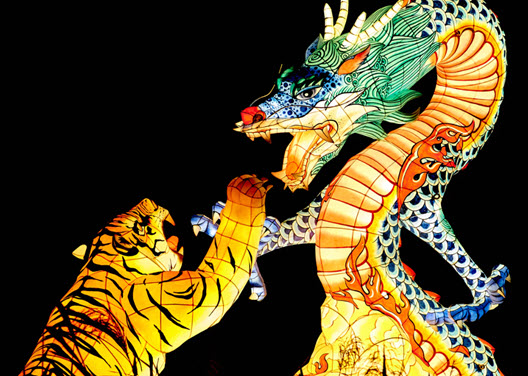Idioms are even harder than slang

In an earlier post, I mentioned how hard slang words make understanding any language. What’s even trickier though, are idioms.
Online dictionaries describe idioms as “a group of words established by usage as having a meaning not deducible from those of the individual words”. We have many in English. For example, imagine how an expression like someone feeling “over the moon” would be received by a new English speaker. Or perhaps that someone “saw the light”. Or it was “a piece of cake”.

Chinese has these of course, along with a great number of old sayings that have current meanings.
Some phrases have meanings that make some sense but aren’t easy to derive. An example would be 马上 (Mǎshàng). The first word means “horse” and the second word means “on” so it’s literally “on horseback”. Currently it means “as soon as possible”. You can imagine that at some time in the past, sending something on horseback was the quickest way to send it.
Less obvious are phrases like 马马虎虎 (Mǎmǎhǔhǔ). This is literally “horse horse tiger tiger”. It is a phrase that as an adjective means “careless” or as an adverb means something like “so-so” or “just ok”.
There is a whole category of such four character set phrases known as Cheng Yu: https://en.wikipedia.org/wiki/Chengyu
Another example of these is 指鹿為馬 (Zhǐlùwéimǎ) is to “call a deer a horse” and meaning “to deliberately misrepresent something”. A wonderful one literally means “a frog in the bottom of a well”. I’ll leave that one to the reader to work out what it actually means.
Regardless, if slang is hard, idioms are harder.
2018-09-08
